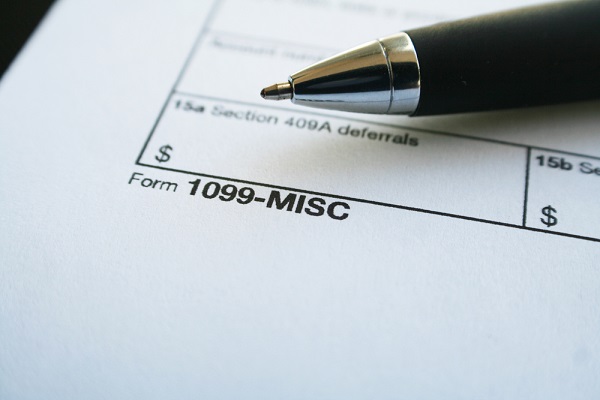IRS Changes Deadlines for 1099 Forms

It’s almost January. Are you ready for taxes? Of course, Form 1099s are an important part of any tax season, and this coming year will be no different. As a taxpayer, if you receive any kind of Form 1099 don’t ignore it. The IRS will get the same form and you will be held accountable for its contents. So, make sure you keep and report all Form 1099s that you receive.
On the other hand, if you are a business and you need to issue any of these forms to others there are some changes you need to know about. The IRS has announced changes to some of these Form 1099s. Here’s what you need to know. Starting next year, for the 2016 reporting season, the deadline for Forms 1099-MISC reporting nonemployee compensation in box 7, has been moved to January 31, which is the same deadline for when they need to be sent to recipients.
Previously, filers had more time, up to a month or two, to get those sent to the IRS, but that’s no longer the case. The good news is that for Forms 1099-MISC that don’t report in box 7, the filing dates have not changed. They must be mailed to the recipients by January 31 and to the IRS by the end of February.
The bottom line, whether you are going to give or receive any type of Form 1099, make sure you check the deadlines and do your due diligence. Don’t give the IRS any reason to pay extra attention your taxes return.
You also might like Make Sure you Report All of Your 1099 Income
http://www.forbes.com/sites/robertwood/2016/11/07/irs-forms-1099-are-critical-and-due-early-in-2017/#274363c6792a
How Easy is it for Wealthy MLBers to Avoid State Income Tax?
How Easy is it for Wealthy MLBers to Avoid State Income Tax? Spring is here and that means a lot of things to a lot of people. For many, spring means baseball is back, from Little League to the Majors, ball players are back on the diamond hitting homers, striking people out and stealing bases.…
How Can I Sustain My Family Wealth?
How Can I Sustain My Family Wealth? At GROCO we work with some of the most successful and wealthiest people in the world. We’ve seen a lot of clients come through our doors and we’ve learned a lot about what makes them successful. We’ve also enjoyed much success in our own right. Our clients have…
Wealth Building: Six Keys
Wealth Building: Six Keys By Scott Hove There are keys to wealth and success that those who have attained them understand. If you wish to build wealth and achieve success then it’s crucial to implement the keys discussed below. Here, then, are six things that the successful understand and implement. As you read them, please…
Real Estate Investing: Lease Options Offer Multiple Profit Opportunities
Real Estate Investing: Lease Options Offer Multiple Profit Opportunities By Jordan Taylor Mention “real estate investing strategies” and the first thing that typically comes to mind is buying and selling. But a strategy often overlooked and underutilized is the option—and the smart use of options can generate some fast and impressive profits. An option…




